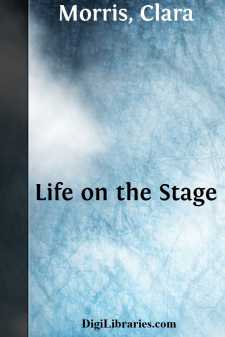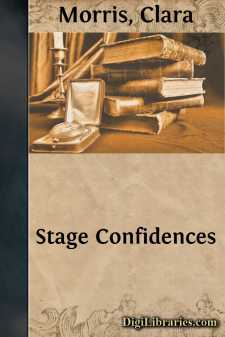Categories
- Antiques & Collectibles 13
- Architecture 36
- Art 48
- Bibles 22
- Biography & Autobiography 816
- Body, Mind & Spirit 145
- Business & Economics 28
- Children's Books 17
- Children's Fiction 14
- Computers 4
- Cooking 94
- Crafts & Hobbies 4
- Drama 346
- Education 58
- Family & Relationships 59
- Fiction 11834
- Foreign Language Study 3
- Games 19
- Gardening 17
- Health & Fitness 34
- History 1378
- House & Home 1
- Humor 147
- Juvenile Fiction 1873
- Juvenile Nonfiction 202
- Language Arts & Disciplines 89
- Law 16
- Literary Collections 686
- Literary Criticism 179
- Mathematics 13
- Medical 41
- Music 40
- Nature 179
- Non-Classifiable 1768
- Performing Arts 7
- Periodicals 1453
- Philosophy 66
- Photography 2
- Poetry 897
- Political Science 203
- Psychology 45
- Reference 154
- Religion 516
- Science 126
- Self-Help 85
- Social Science 82
- Sports & Recreation 34
- Study Aids 3
- Technology & Engineering 59
- Transportation 23
- Travel 463
- True Crime 29
Our website is made possible by displaying online advertisements to our visitors.
Please consider supporting us by disabling your ad blocker.
Life on the Stage
by: Clara Morris
Description:
Excerpt
CHAPTER FIRSTI am Born.
If this simple tale is to be told at all, it may as well begin at the beginning and in the good old-fashioned and best of all ways—thus: Once upon a time in the Canadian city of Toronto, on the 17th of March, the sun rose bright and clear—which was a most surprising thing for the sun to do on St. Patrick's Day, but while the people were yet wondering over it the sunlight disappeared, clouds of dull gray spread themselves evenly over the sky, and then the snow fell—fell fast and furious, quickly whitening the streets and house-tops, softly lining every hollow, and was piling little cushions on top of all the hitching-posts, when the flakes grew larger, wetter, farther apart, and after a little hesitation turned to rain—a sort of walk-trot-gallop rain, which wound up with one vivid flash of lightning and a clap of thunder that fairly shook the city.
Now the Irish, being a brave people and semi-amphibious, pay no heed to wet weather. Usually all the Hibernians residing in a city divide themselves into two bodies on St. Patrick's Day, the ones who parade and the ones who follow the parade; but on this occasion they divided themselves into three bodies—the men who paraded, the men and women who followed the parade, and the Orangemen who made things pleasant for both parties.
As the out-of-time, out-of-tune band turned into a quiet cross-street to lead its following green-bannered host to a broader one, the first brick was thrown—probably by a woman, as it hit no one, but metaphorically it knocked the chip off of the shoulder of every child of Erin. Down fell the banners, up went the fists! Orange and Green were at each other tooth and nail! Hats from prehistoric ages side by side with modern beavers scarcely fifty years old received the hurled brick-bat and went down together!
The band reached the broad avenue alone, and looked back to see the short street a-sway with struggling men, while women holding their bedraggled petticoats up, their bonnets hanging down their backs by green ribbon ties, hovered about the edges of the crowd, making predatory dashes now and then to scratch a face or rescue some precious hat from the mêlée, meanwhile inciting the men to madness by their fierce cries—and in a quiet house, in the very midst of this riot—just before the constabulary charged the crowd—I was born. I don't know, of course, whether I was really intended from the first for that house, or whether the stork became so frightened at the row in the street that he just dropped me from sheer inability to carry me any farther—anyway, I came to a house where trouble and poverty had preceded me, and, worse than both these put together—treachery.
Still, I accepted the situation with indifference. That the cupboard barely escaped absolute emptiness gave me no anxiety, as I had no teeth anyway. As a gentleman with a medicine-case in his hand was leaving the house he paused a moment for the slavey to finish washing away a pool of blood from the bottom step—and then there came that startling clap of thunder....



